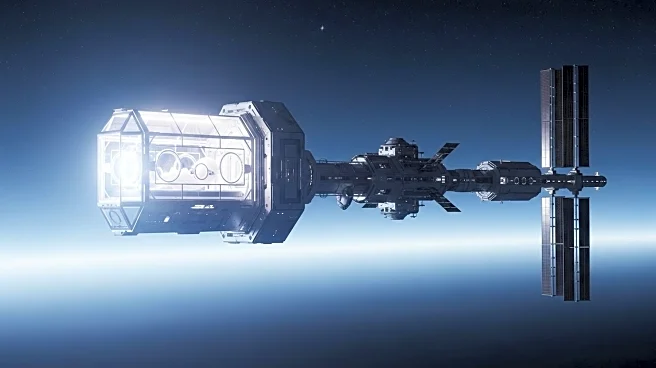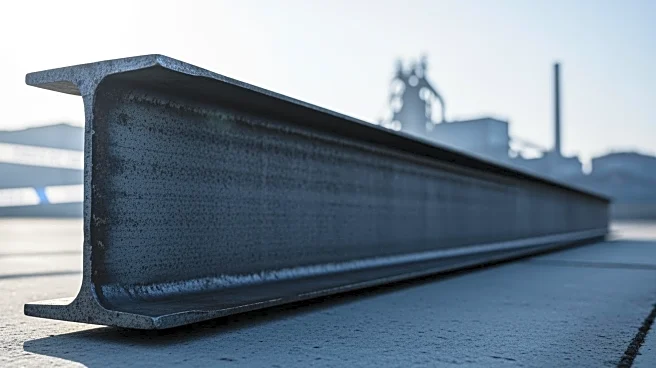What's Happening?
Scientists have conducted an experiment on the International Space Station to understand the effects of space travel on human reproduction. The study, published in Stem Cell Reports, involved cryopreserved mouse spermatogonial stem cells that spent six months in space. The findings revealed that the cells did not experience increased apoptosis or DNA damage during their time in space. Upon returning to Earth, the cells underwent spermatogonial transplantation, indicating no adverse effects from space exposure. This research is part of a broader inquiry into the challenges of human reproduction in space, addressing concerns about cosmic rays' impact on reproductive systems.
Why It's Important?
Understanding reproduction in space is crucial for the future of human space exploration and potential colonization. Cosmic rays pose a significant risk to human reproductive health, which could impede efforts to establish human presence beyond Earth. The study's findings offer promising insights into the viability of storing germ cells in space, a critical aspect of long-term human spaceflight. This research could pave the way for developing strategies to mitigate reproductive risks, ensuring the sustainability of human life in extraterrestrial environments.
What's Next?
Further research is needed to explore other aspects of reproduction in space, including the effects on different types of cells and the long-term implications for human health. Scientists will continue to investigate the potential for 'space babies' and the necessary conditions for safe reproduction beyond Earth. Collaboration among international space agencies and research institutions will be essential to advance this field and address the challenges of human space colonization.









